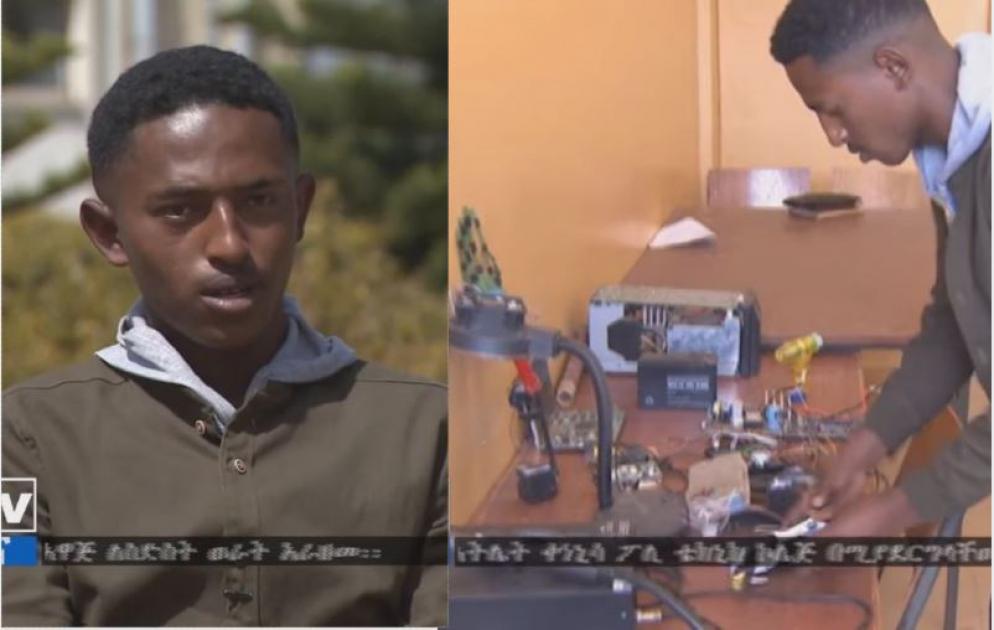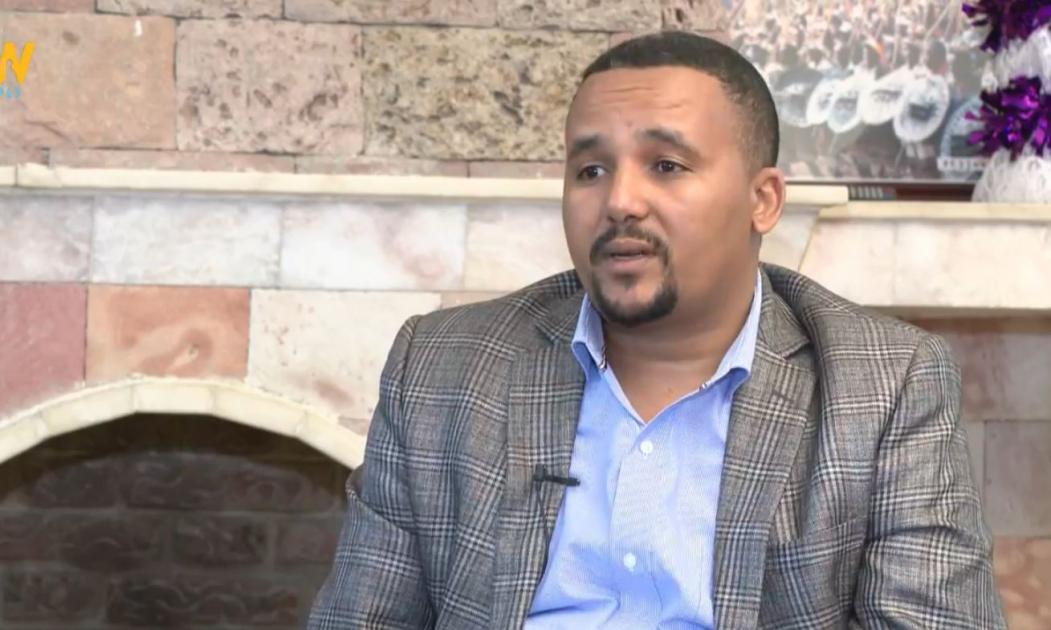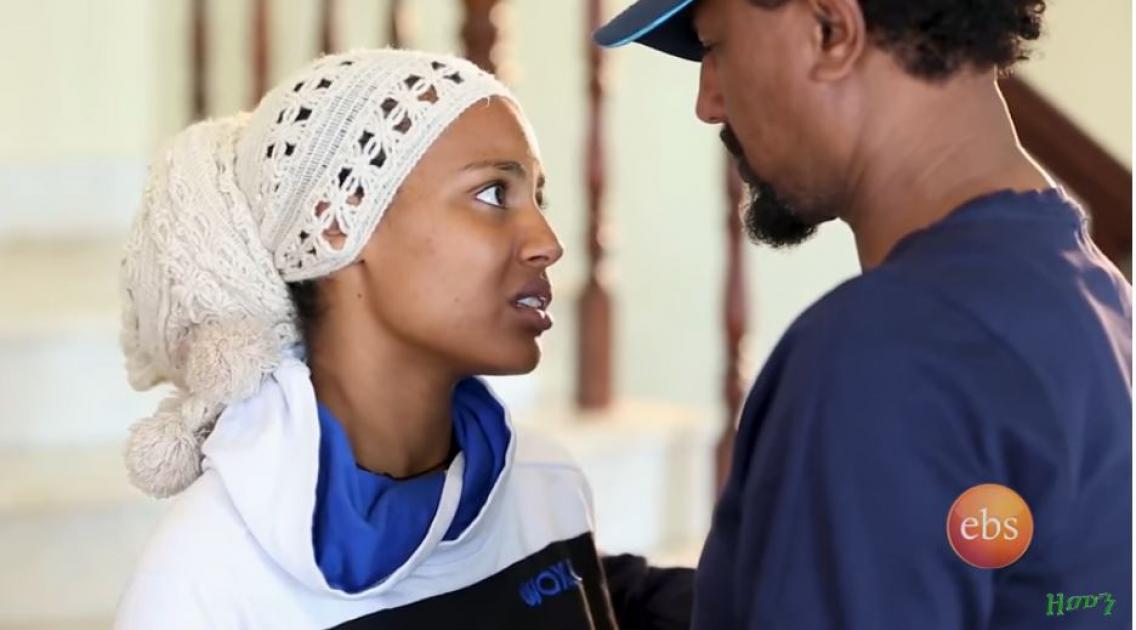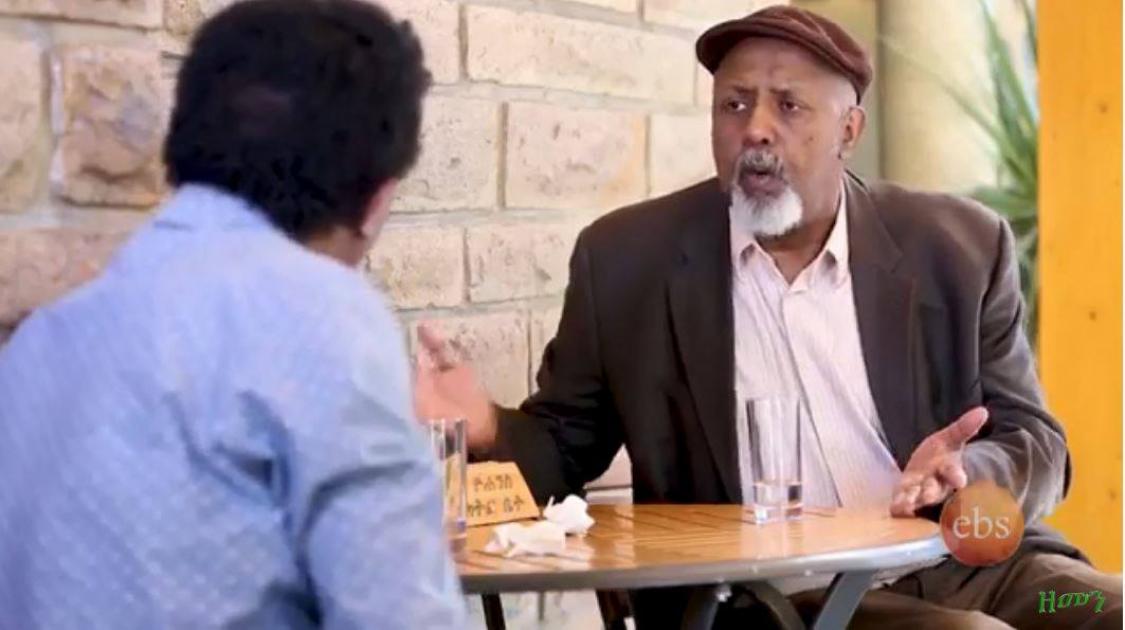Walta TV interview with Yetnebersh Nigussie
Description
Yetnebersh Nigussie received another significant award – the Spirit of Helen Keller Award
Blind Yetnebersh Nigussie has become a symbol of the struggle of African women and disabled people for them to be taken seriously by the majority of society. On Thursday International Women’s Day, a 36-year-old Ethiopian activist received another significant international award – The Spirit of Helen Keller Award.
Addis Abeba – 36-year-old Ethiopian Yetnebersh Nigussie was born in the poor Amharic state in northern Ethiopia. In just five years, she blinded herself. But it paradoxically saved her from the harsh fate of a number of healthy Ethiopian girls.
“If I were not blind at age five, I would be married to a ten-year-old woman, a village woman, a totally subordinate husband,” Yetnebersh says, asking her life to be without the disability. “I would probably also have more children, maybe eight or nine. Planned parenthood here (in Ethiopia) does not exist,” he adds.
Children’s marriage is still commonplace in the East African country, as confirmed by the UN Children’s Fund (UNICEF) statistics. According to them, Ethiopia in 2017 married 14 percent of girls under 15 and 40 percent under 18 years of age. The Amharic state (one of the nine parts of Ethiopia), where Yetnebersh comes from, contributes strongly to the high values. Nearly 45 percent of girls have a husband in their 18 years of age, who are given to mercy and disgrace.
Disability as a curse
Yetnebersh, as a child, was blinded to meningitis, with poor health care. As a handicapped little girl automatically ranked among the inferior, which no man will just take. In addition, many Ethiopians still understand any disability as a curse for some misconduct from the past.
But Ethiopian has defied her fate, and she has revived her disability not only in the defense of early marriage but also in the opportunity to gain an education. She moved to Addis Ababa, where she began to study college and defend the rights of women and disabled people despite blindness.
The completion of the college was, however, very demanding for Yetnebersh because of the disability and the conservative environment of Ethiopia. At the head of the law faculty, where she studied, she only endeavored to learn textbooks in Braille after a long and exhaustive struggle. “When the other students were taught at school, we all had pre-arranged textbooks, we, the blind students, had to write our books ourselves, and we actually acted as a publishing house,” recalls the blind activist.
Forcing the school management to allocate money from the budget for the purchase of books for the blind for the blind was not easy. The professor Yetnebersh had come to ask, at first had no idea what he wanted. “But then I showed him the number of papers I had written in six months and the scars that I had created for it, I had swollen hands, that made him convinced,” says a blind lawyer.
Assistance to children with disabilities
In 2005, Yetnebersh Nigussie founded the Ethiopian Disability and Development Center (ECDD) to help people with disabilities participate in society. The organization also supports the international non-profit organization Light for the World, which focuses on the treatment of blindness in the least developed parts of the world and has a branch office in Prague.
Both Nigussie and Light for the World promote, for example, the One Class for All project, which helps to involve children with disabilities in mainstream primary schools in Ethiopia.



















